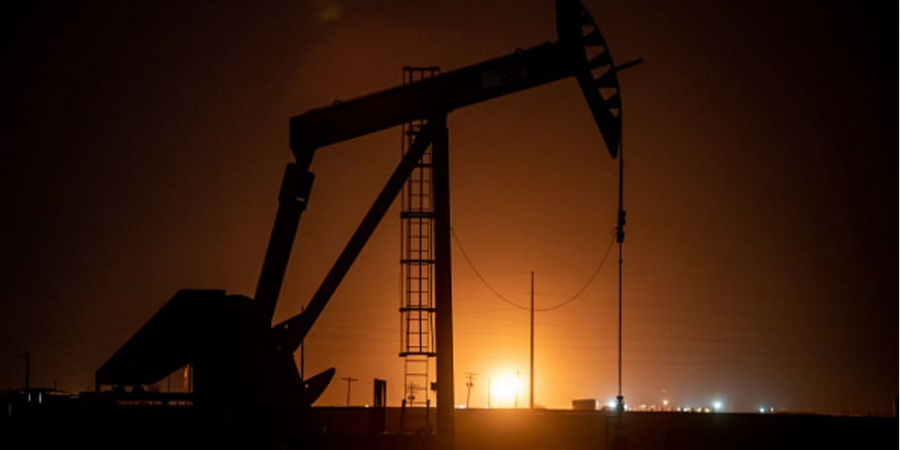India–US Trade Tensions Rise Over Steel and Auto Tariffs NMDC Limited reports a 38% drop in Q4 FY24 consolidated net profit RINL to Raise $23 Million Through Land Sales Amid Crisis

On Friday, crude oil prices went up because OPEC and its allies, known as OPEC+, decided to maintain their current production output policy. In the morning, April Brent oil futures were at $79, up by 1%, and March crude oil futures on WTI were at $74, up by 1%.
On the Multi Commodity Exchange (MCX), February crude oil futures were trading at ₹6,157, down by 1%, and March futures were at ₹6,179, down by 1% compared to the previous close.
OPEC+ will review production cuts in March, and any changes will be announced when they are up for renewal. The voluntary output cuts agreed upon in November totalled 2.2 million barrels a day for the first quarter of 2024, with Saudi Arabia contributing around 1 million barrels a day. Algeria expressed readiness to continue its voluntary cut beyond March, and Kuwait affirmed its commitment to the curbs.
There were reports of a potential ceasefire between Israel and Hamas, but Qatar denied any such ceasefire. A Middle East ceasefire could reduce attacks on merchant vessels by Houthis in the Red Sea route.
In other commodity news, on MCX, February natural gas futures were at ₹172, up by 1%. On the National Commodities and Derivatives Exchange (NCDEX), April turmeric contracts were trading at ₹14,798, up by 2%, and April kappas futures were at ₹1,484, up by 1%.
Also Read : BHEL bags 1,600 MW thermal project order from NTPC Some stranded Russian Sokol oil cargoes begin to move to China, India